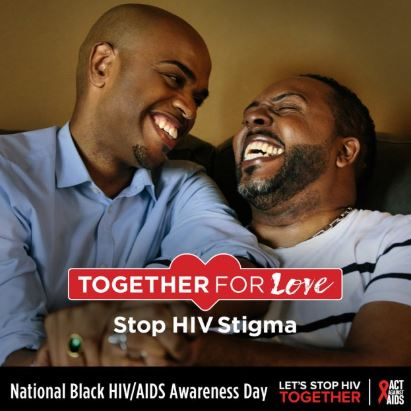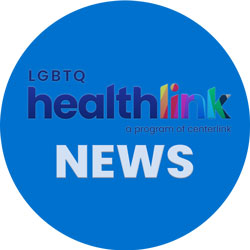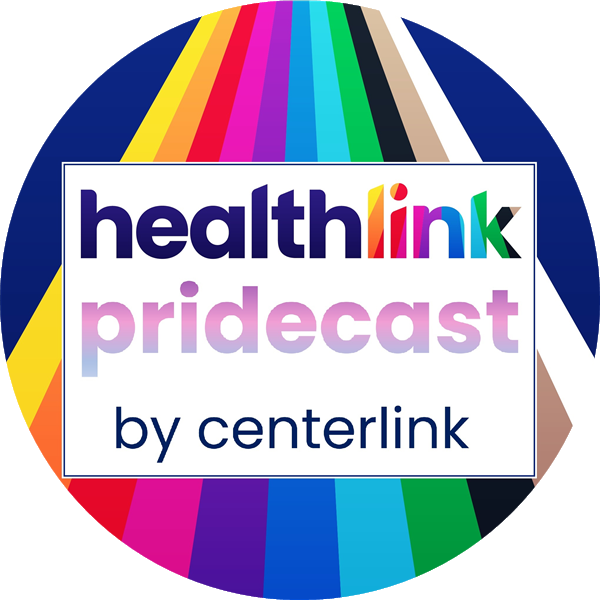Black History Month and #LGBTWellness

LGBT HealthLink, 2/11/2019
In recognition of Black History Month and National Black HIV Awareness Day, this week’s roundup is focused on LGBT African Americans and the intersections between LGBT health, race, resilience, and racism.
Empowerment for Better Health
A new study explored using a strength-based approach to help young Black men who have sex with men improve their health versus using a risk-based approach, which researchers say can reinforce stereotypes and does not take into account the strong resilience of the community. Through 322 conversations, they explored the HealthMpowerment online, cell phone-optimized intervention, and looked at themes like building agency and peer-to-peer empowerment.
Together for Love – and to End HIV
The CDC published a resource guide recognizing National Black HIV Awareness Day, with the theme of “Together for Love: Stop HIV Stigma.” Meanwhile, UNAIDS released a statement “welcoming” the surprise announcement that the U.S. president would seek to end new HIV transmissions by 2030. The UN noted that the epidemic has featured huge disparities in both Black and queer communities that will have to be addressed if this goal is to be achievable.
Impact of Police Violence
A recent study examined exposure to police violence in the U.S. and found that both people of color and LGBT people were more likely to experience such treatment, suggesting LGBT people of color might be at particularly high risk. They also found that physical violence with a weapon and sexual violence were both associated with higher odds of psychotic experiences, suicide attempts, and suicidal ideation, highlighting why police violence is a public health crisis.
Celebrating Black Healthcare Professionals
JAMA published an essay by a physician who explains what it is like to be a Black doctor in a field in which people of color are so underrepresented – including what it can mean for Black patients to see a part of themselves in their providers. Meanwhile, Medical Bag reported on how racism impacts the healthcare profession, noting that Black students comprised only 6% of 2015. They explored how many healthcare facilities now have policies to help stem discrimination based on race (and sexual orientation and gender identity) against their staff.
PrEP Access Needed for Black Women
NPR reported on the need to share PrEP information and access with Black women, who could stand to benefit from using the HIV prevention treatment but who so far have not been targeted for intervention. While the HIV rate among White men has fallen 10% since 2011, the rate among Black women has not changed as they have gone overlooked in PrEP’s rollout.




